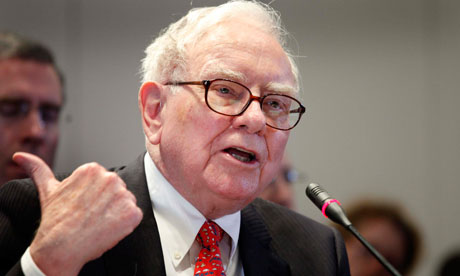An investor must examine the industry in which a company operates because this can have a tremendous effect on its results, and even its existence. A company’s management may be superior, its balance sheet strong and its reputation enviable. However, the company may not have diversified and the industry within which it operates may be in a depression. This can result in a tremendous decline in revenues and even threaten the viability of the company.
The first step in industry analysis is to determine the cycle it is in, or the stage of maturity of the industry. All industries evolve through the following stages:
- The Entrepreneurial or Nascent Stage: At the first stage, the industry is new and it can take some time for it to properly establish itself.





